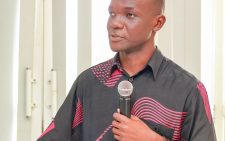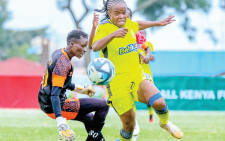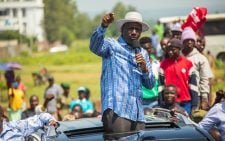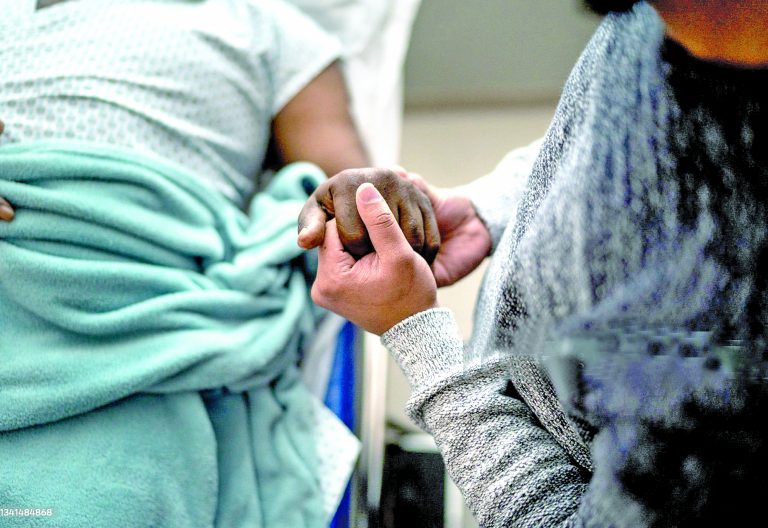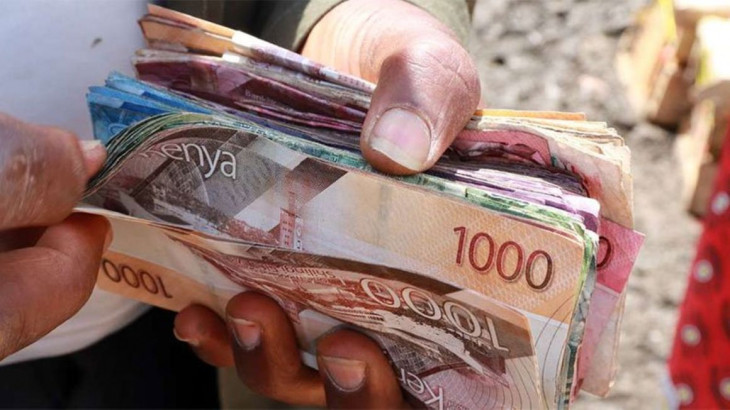Offering support to people with gigantomastia
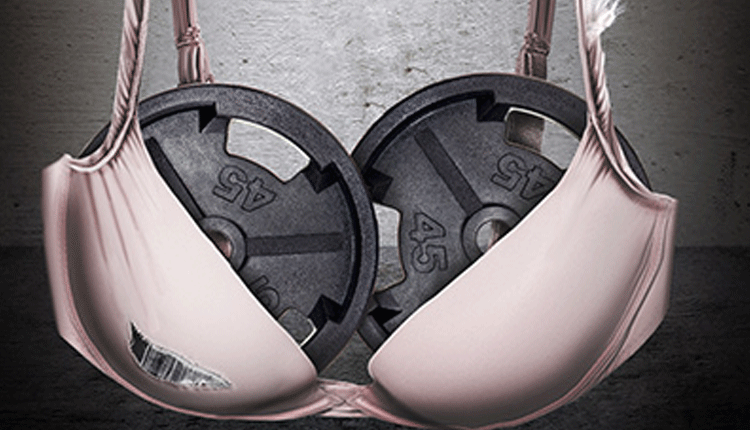
Briefly tell us about yourself?
I am an advocate of the high court and the founder of Gigantomastia Foundation, a not-for-profit organisation that assist girls, women, and men suffering from the rare condition, characterised by excessive breast growth that may occur spontaneously, during puberty or pregnancy.
What motivated you to start this organisation and what is its mission?
I had gigantomastia 10 years ago. This condition robbed me of my self-esteem, self-actualisation, not to mention the stigma I underwent.
It’s by God’s Grace that I met Prof Stanely Ominde Khainga, consultant plastic surgeon who diagnosed me with the condition and performed a reduction mammoplasty surgery to reduce the weight off my chest.
After the surgery, I regained my self-esteem and confidence and most importantly a new lease of life.
I then realised there were people suffering in silence with the same condition and have no voice to speak out for them.
That is why I decide to register the foundation that could help women and men have a new meaning to their lives.
Our mission is to provide financial assistance for gigantomastia screenings, diagnostic tests, and treatment for underprivileged individuals regardless of age or gender.
So far, the foundation has overseen more than 200 surgeries since launching five years ago.
How do you manage and run your organisation? And how does it sustain itself?
Gigantomastia Foundation is run on a bare minimum. The operating costs are borne by well-wishers.
We also work closely with county governments who provide theatre facilities and cost-sharing with patients as this is a very expensive surgery that goes up to the tune of Sh500,000.
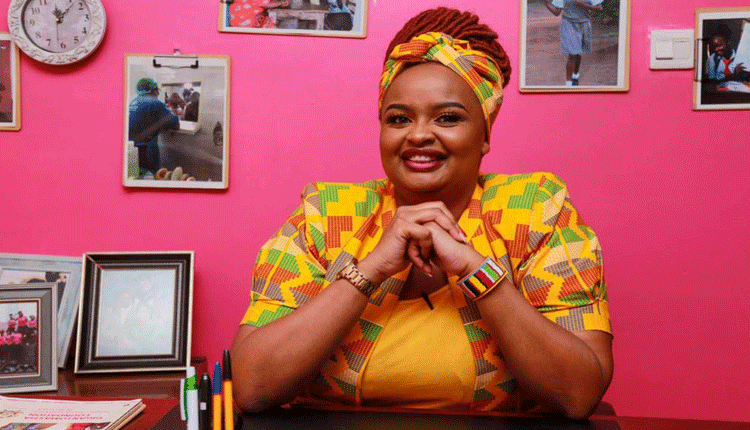
What are some challenges you have been facing?
Lack of awareness in the public domain about this condition is the major challenge.
Apart from that, since there is still no universal classification or accepted definition for this condition, only a few doctors are diagnosing the condition, with most of them retreating to treating the symptoms other than the underlying condition.
How many experts and hospitals are you working with?
We have a group of surgeons that sit on the board as well as working with us.
We operate in level five hospitals and some selected private hospitals depending on the theatre standards.
What can you say is your best reward for choosing to start this organisation?
Seeing the smiles on the destitute cases warms my heart. Seeing someone’s burden being lifted as well as the relief in their family after surgery is what keeps me going.
Giving someone the much-required support makes me never give up because when I was suffering there was no single person in Kenya that I could go to for support.
I only had international figures/celebrities which for obvious reasons I could not interact with or even reach them for a comment leave alone advice.
Opening my doors for consultation has enabled me to reach many individuals, learning in the process that the condition is not just physical, emotional, behavioural but also psychological.
The smile on the faces of the women who go through successful surgery makes me happy too.
What is your call to different health actors?
My call would be to our insurance companies. These companies need to come up with a cover for people suffering from this condition since breast reduction surgeries are mostly not covered by health insurance.
Apart from that, these companies should stop terming this kind of surgery as cosmetic since it is not.
What are your plans and what are some of the philosophies that drive you?
My plan is to open up a hospital or clinic that deals with gigantomastia or gynecomastia (condition of overdevelopment or enlargement of the breast tissue in men or boys).
I see myself heading a successful foundation known for its reputation for helping women and men in need.
I will also be moving into other less well-known medical conditions to lessen the suffering of the less fortunate from those conditions.
The philosophy that drives me is “If you put your mind to do something, however impossible it looks, eventually it gets done. Nothing is too difficult if you put your mind to it.
